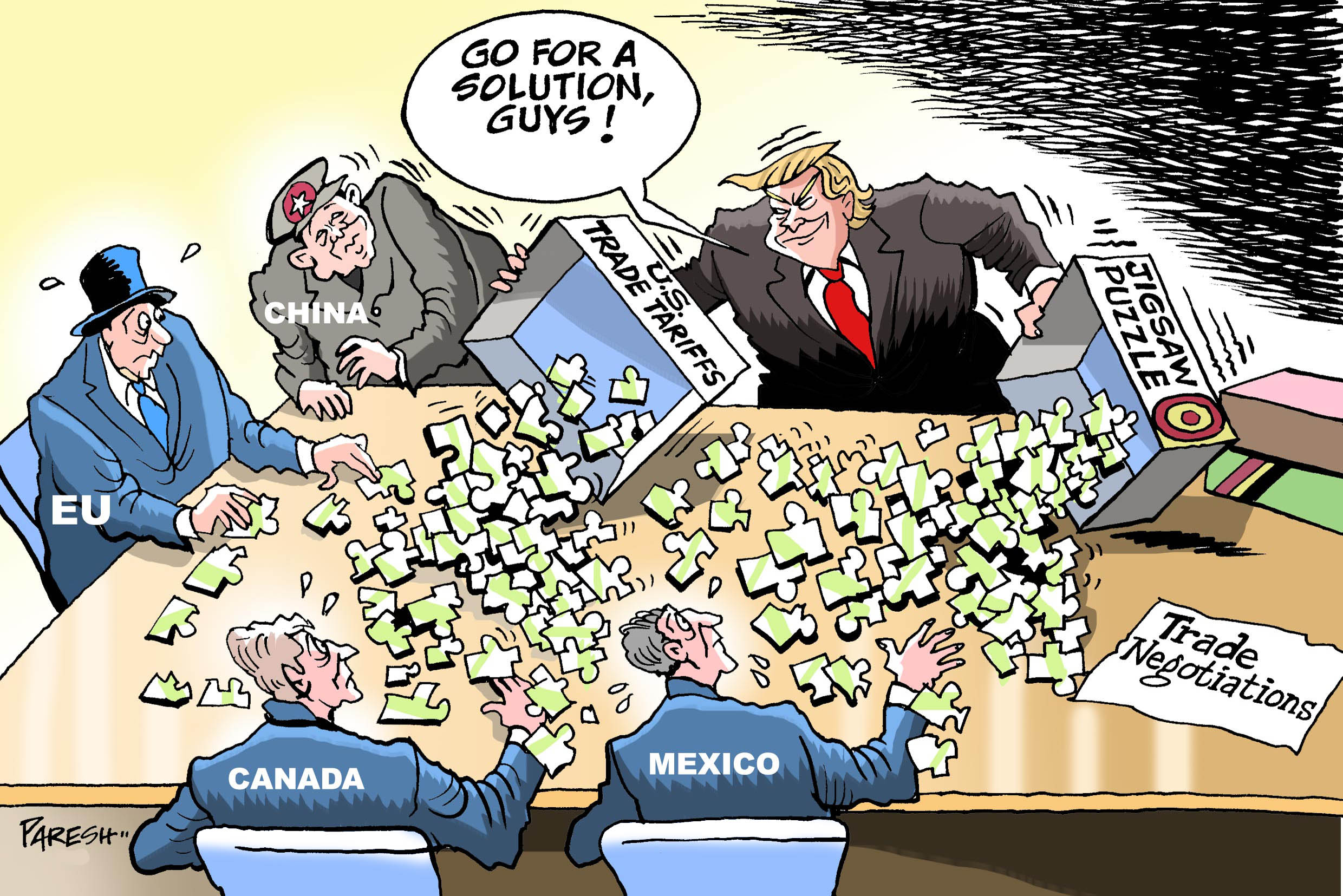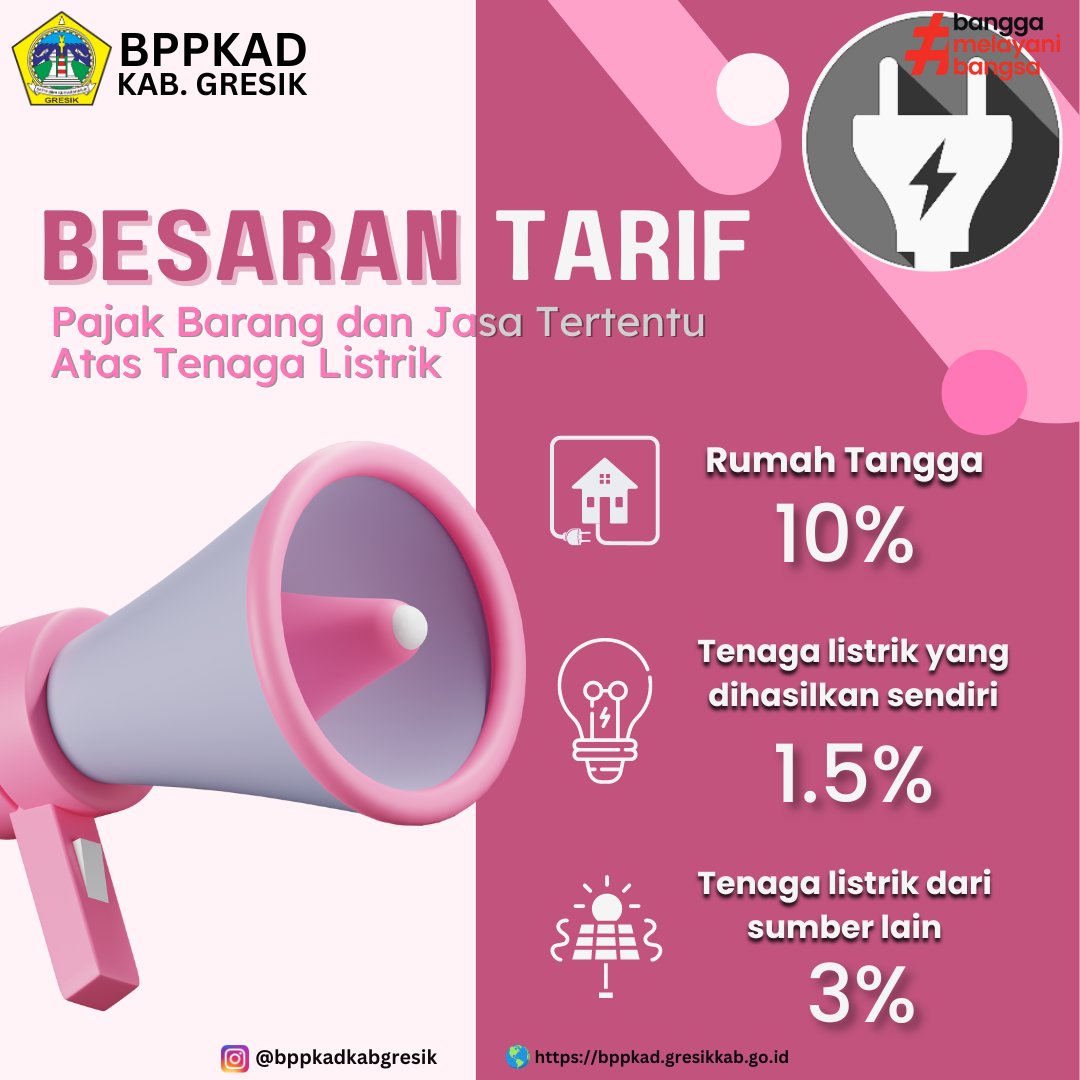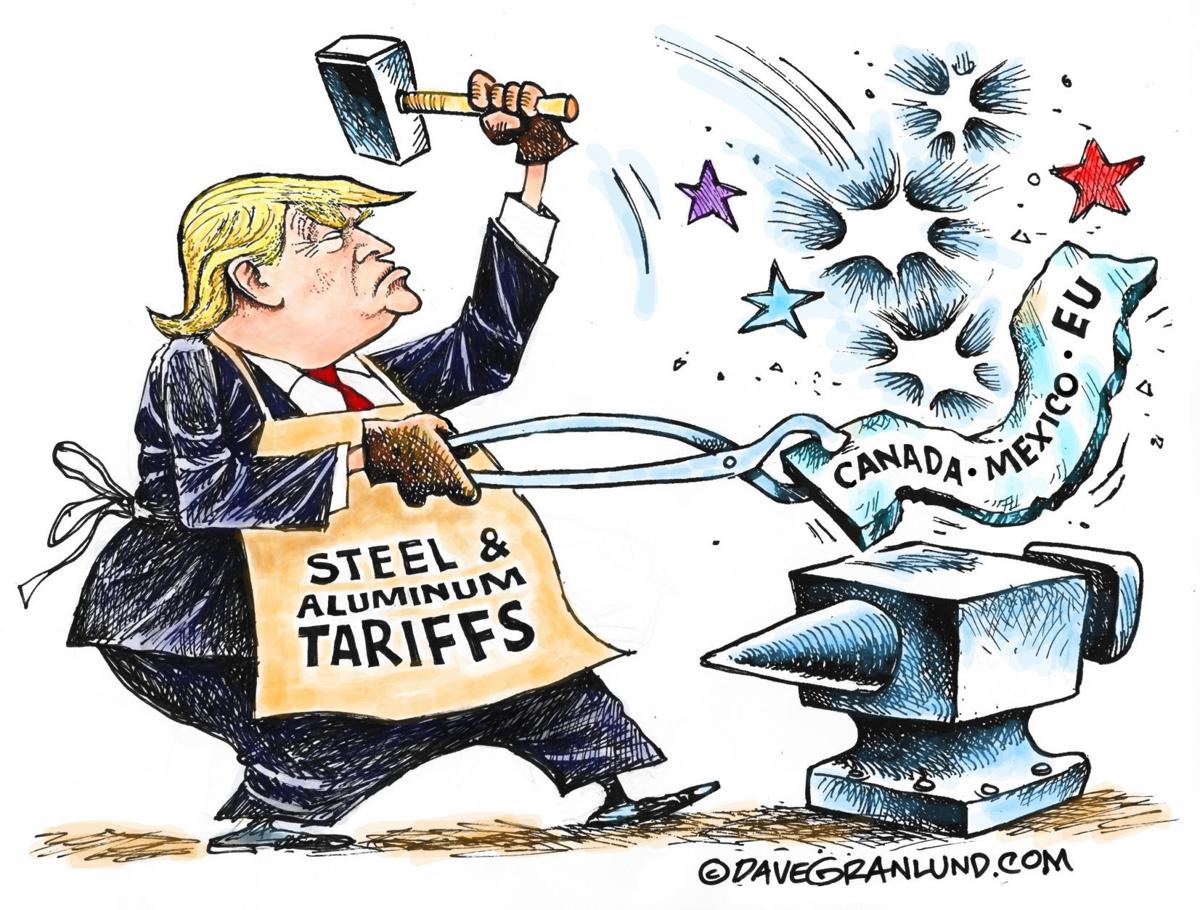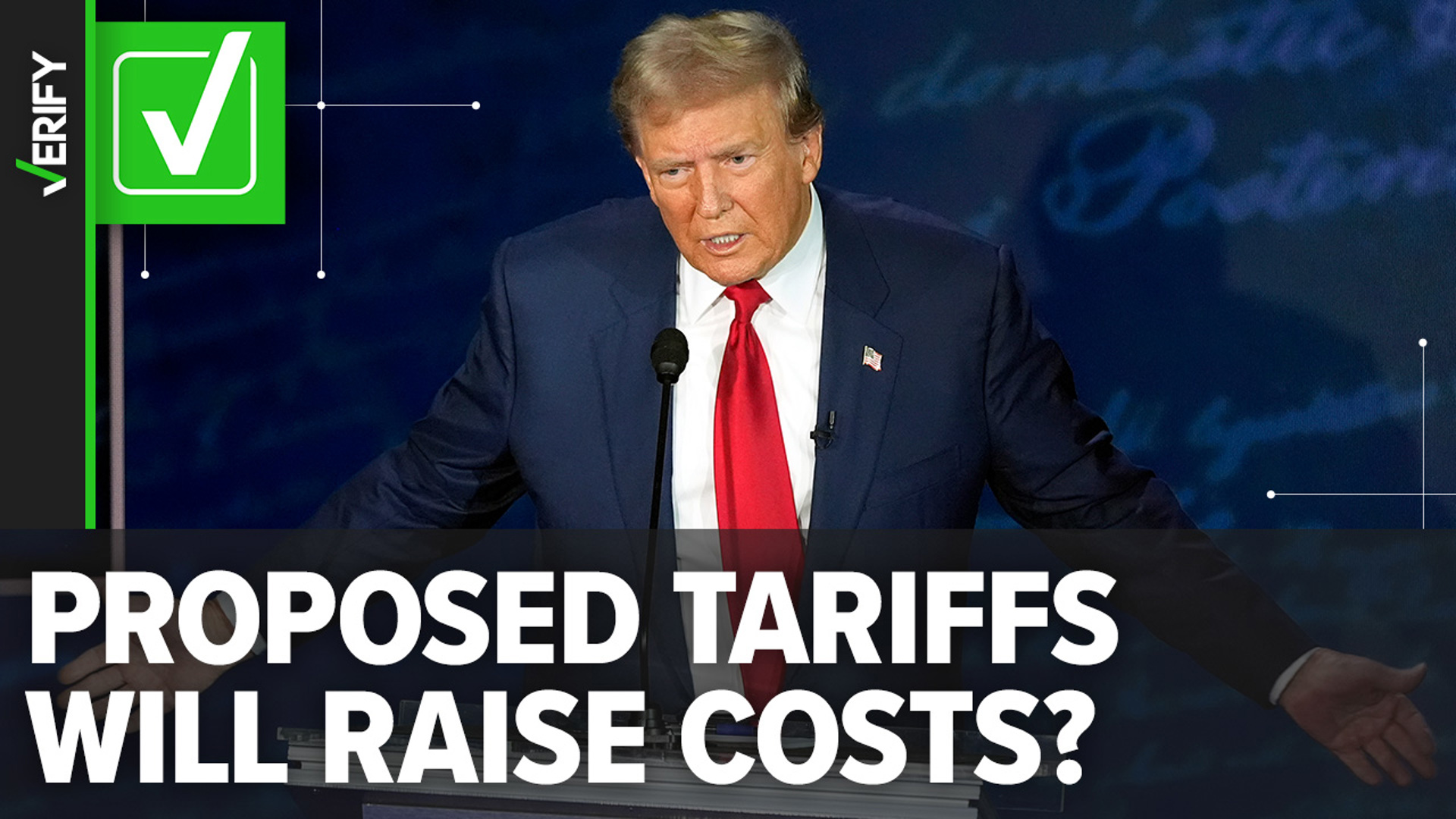
The trade policies implemented by the Trump administration have been a topic of discussion and controversy over the past few years. With the recent 90-day pause on some tariffs, many are left wondering which ones are still in effect. In this article, we will delve into the world of tariffs, exploring the current state of Trump's trade policies and what they mean for businesses and consumers.
Introduction to Tariffs
Tariffs are taxes imposed on imported goods and services, aimed at protecting domestic industries and raising revenue for the government. The Trump administration has been actively using tariffs as a tool to renegotiate trade agreements and address trade imbalances. The tariffs have been imposed on a wide range of products, including steel, aluminum, solar panels, and a significant portion of Chinese imports.
Which Tariffs Are Still in Effect?
Despite the 90-day pause on some tariffs, many are still in effect. Some of the notable tariffs that remain include:
Steel and Aluminum Tariffs: The 25% tariff on steel and 10% tariff on aluminum imports from most countries, including China, Canada, and Mexico, are still in effect.
Section 301 Tariffs: The tariffs imposed on Chinese goods under Section 301 of the Trade Act of 1974, which include a 25% tariff on $250 billion worth of Chinese imports, are still in effect.
Solar Panel Tariffs: The 30% tariff on solar panel imports from most countries, including China, is still in effect.
Washing Machine Tariffs: The 20% tariff on washing machine imports from most countries, including China and South Korea, is still in effect.
Tariffs on Hold
The 90-day pause on some tariffs has provided temporary relief to businesses and consumers. The tariffs that are currently on hold include:
Auto Tariffs: The proposed 25% tariff on auto imports from the European Union, Japan, and other countries has been put on hold.
China Tariff Escalation: The planned escalation of tariffs on $200 billion worth of Chinese imports from 10% to 25% has been put on hold.
Impact on Businesses and Consumers
The tariffs have had a significant impact on businesses and consumers. The increased costs of imported goods have led to higher prices for consumers, while businesses have had to navigate the complexities of the new trade policies. The tariffs have also led to retaliatory measures from other countries, resulting in a trade war that has affected global trade.
The trade policies implemented by the Trump administration are complex and constantly evolving. Understanding which tariffs are still in effect and which ones are on hold is crucial for businesses and consumers. As the trade landscape continues to shift, it is essential to stay informed about the latest developments and their impact on the economy. By staying up-to-date on the current state of Trump's tariffs, businesses and consumers can make informed decisions and navigate the complexities of the new trade policies.
Note: This article is for informational purposes only and should not be considered as professional advice. It's always recommended to consult with a trade expert or attorney for specific guidance on trade policies and tariffs.









